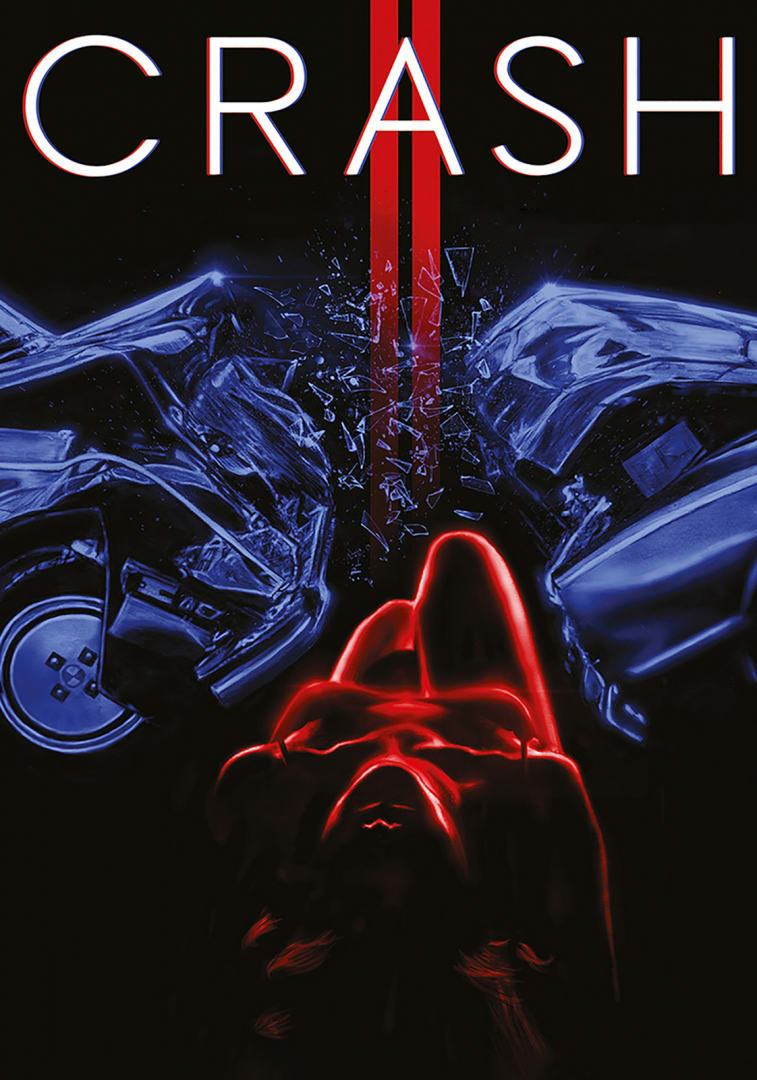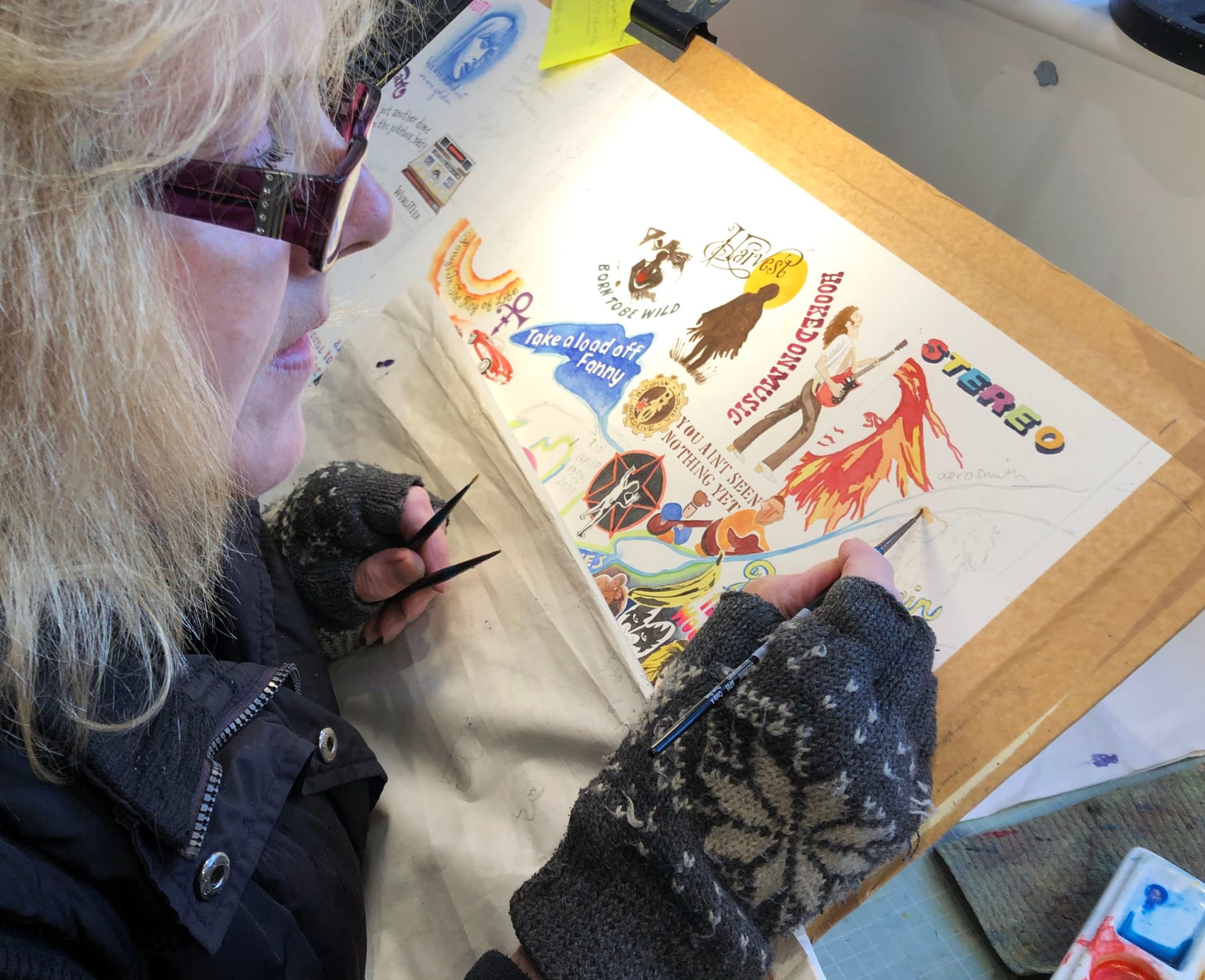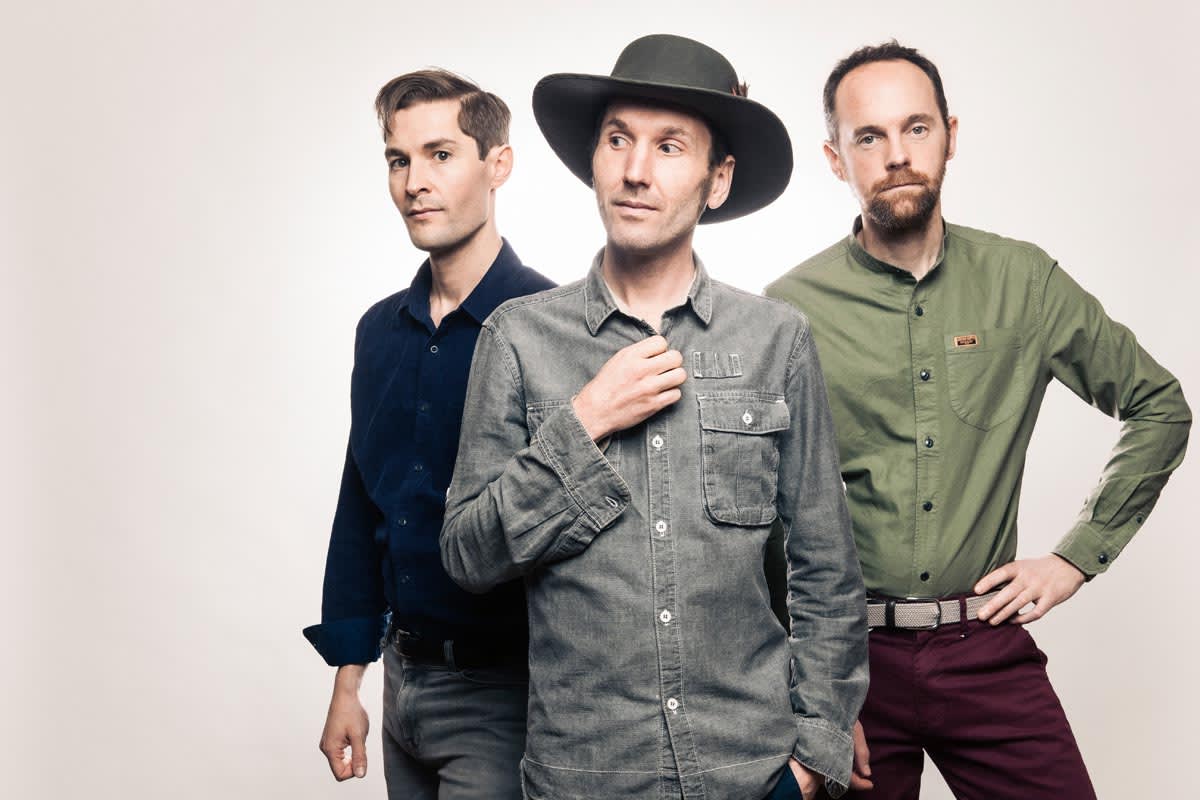Oxford’s only independent cinema, The Ultimate Picture Palace, is to be found in a Grade II listed building just off the Cowley Road. Showing an eclectic mix of independent, mainstream, classic and foreign language films, the UPP became community owned in 2022 with over 1,000 local investors buying shares to keep this much-loved Oxford landmark open for business.
An uncontrollable force. A chemical reaction which develops over time. Or just good old-fashioned animalistic lust. As long as there are movies, there will always be stories of love and romance which keep us coming back to the cinema. Whether the film in question follows the classic rom-com formula with each narrative beat heard from a mile away, or perhaps something more dramatic, heart-wrenching and (swoon) unrequited. There’s nothing quite like a cathartic sob in your local cinema when the couple on screen, against all odds, navigate every pitfall placed in their path and end up in a loving embrace as the credits roll.
Or is there?
Doesn’t it all feel a bit formulaic? Is it a bit too cheesy and predictable? Do these rose-tinted representations of on-screen romance actually reflect real life in any meaningful way, or do they just prop up unhelpful stereotypes around heteronormativity and deep-seated social conservatism? With Valentine’s Day upon us, why not buck the trend, flip the mood, and watch one of these films featuring romantic entanglements of the unusual, subversive, and downright depraved variety.
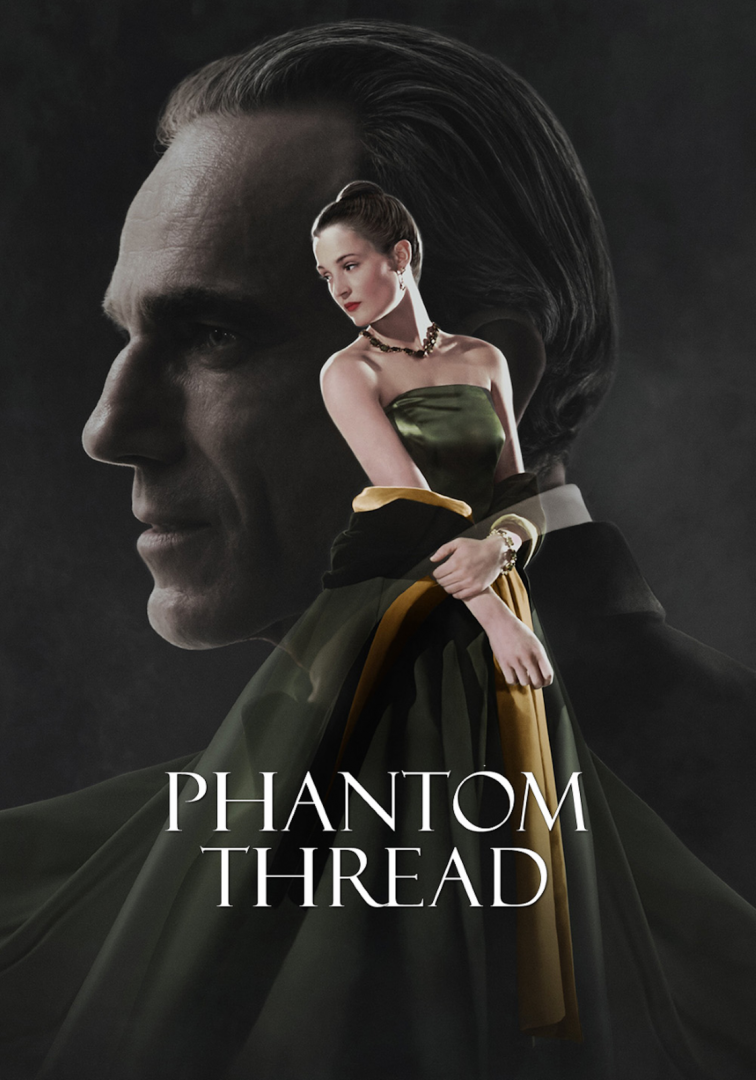
Power and control are themes often explored within the work of Paul Thomas Anderson. Usually at the hands of despotic male characters looking to shape the trajectory of history with their over-inflated sense of exceptionalism (sounds familiar). This is especially present in 2007’s Oscar-winning There Will Be Blood and 2012’s The Master; two films rightly regarded as masterworks. However, it is also true of his 2017 release Phantom Thread, a film which could be interpreted as a romantic comedy – albeit one marked by power imbalances, manipulation, conflict, and resentment.
The film focuses on Reynolds Woodcock (Daniel Day Lewis), a demanding dressmaker who is highly particular about his life and work. After a particularly ravenous meet cute with hotel waitress Alma (Vicky Krieps), the two fall head over heels in love. Sounds relatively straightforward so far, but that is where any sense of formulaic rom-com recipe ends. Drawn to Reynolds' talent and charisma, but finding his demanding nature to be equally suffocating, Alma looks to control him through decidedly (and quite literally) toxic methods. The film inventively explores the way that the two characters try to assert their own needs and desires within the confines of a relationship, suggesting that love is never straightforward or easy. Some may read Phantom Thread as a cautionary tale for unhealthy liaisons. Others may see it as a film which imagines the lengths to which some couples go to make a relationship work.
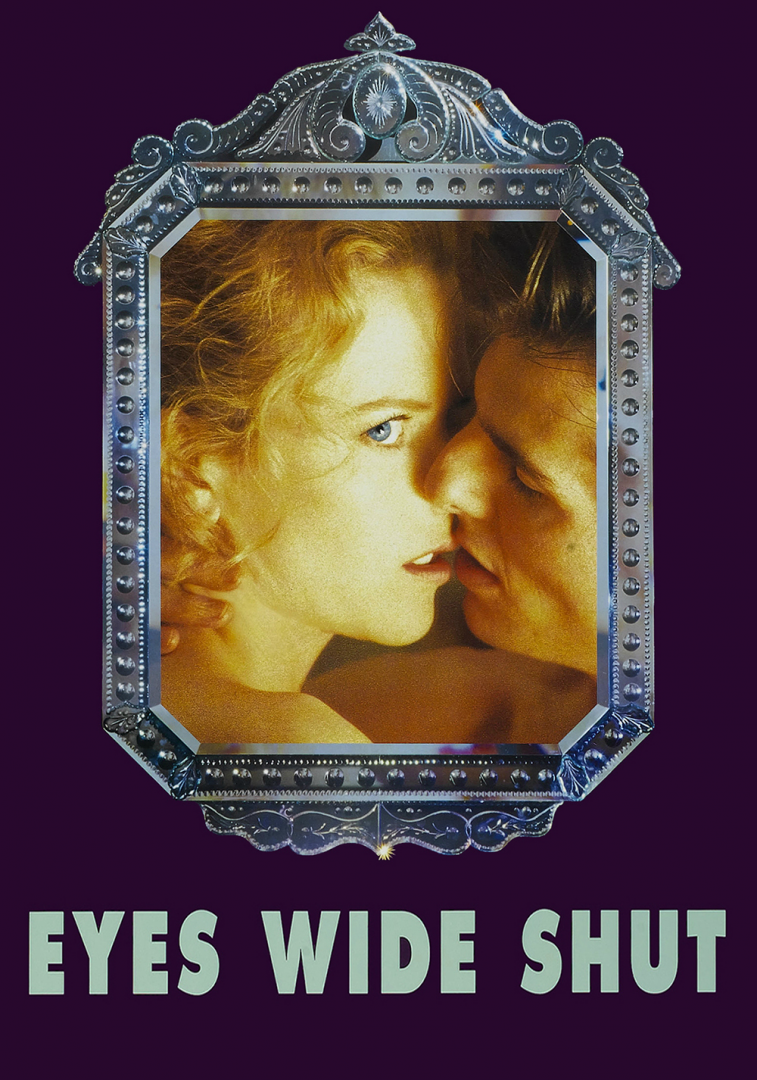
Did this film prove to be the final nail in the coffin for Nicole Kidman’s and Tom Cruise’s marriage? That might be a stretch, but Eyes Wide Shut is hardly a ringing endorsement for any sort of holy union. Stanley Kubrick’s final feature may have a less-than-perfect reputation, but the film is a much richer text than many give it credit for. A sardonic black comedy about a successful and arrogant doctor going on a spiritual odyssey to confront his own insecurities after his wife admits to having fantasies about other men. A beautifully and meticulously shot psychodrama about hidden power structures, the corrupting influence of power, and why you should never turn up to a masked orgy without an invitation.
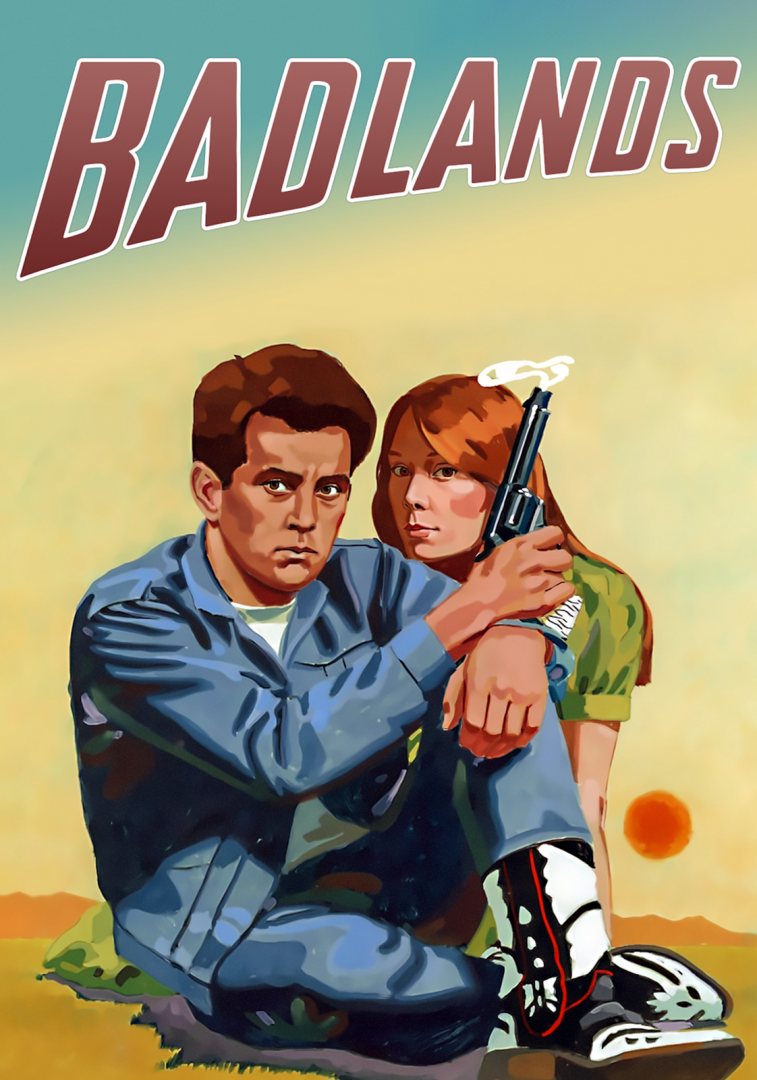
The New Hollywood movement of the late 60s and 70s took great pleasure in dismantling the conventions of American cinema that came before it, and with his influential feature debut Badlands, Terrence Malick took us on a romantic road-trip with a young girl called Holly and the Korean War veteran who just murdered her father. Badlands audaciously asks us to sympathise with two outsiders as they embark on a violent crime spree across the United States – a topic not too dissimilar to that of another film from the New Hollywood era; Bonnie And Clyde (1967). However, while both films deal with similar themes of violent youthful rebellion, the core difference is fundamental. Bonnie and Clyde have become near-mythic figures of American history. They have been written about in song and prose for decades. Holly and Kit are just like you and me, with the capacity to love and to murder in equal measure.
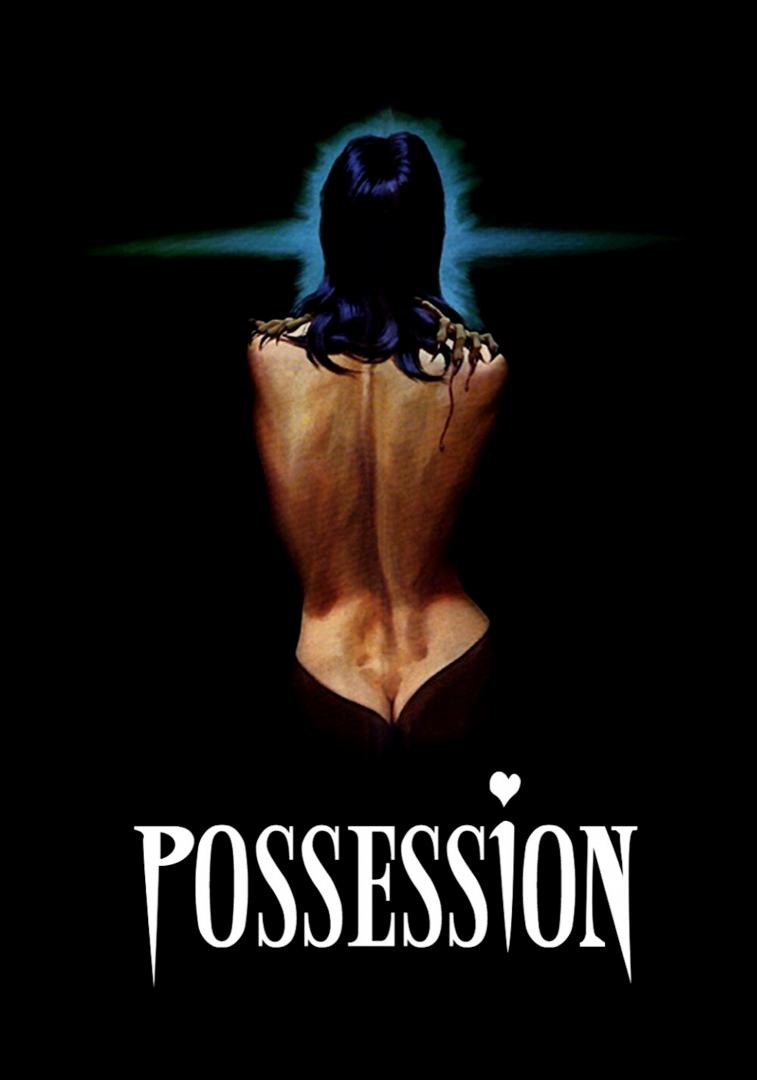
Poorly reviewed on release and then banned in the UK as part of the national crackdown on ‘video nasties’ Andrzej Żuławski's Possession has gained its rightful place as a horror cult classic over the years. The film follows the story of a couple whose marriage is falling apart due to the psychological and emotional strain of their relationship. This breakdown however is represented through demonic possession, feral madness, and the erotic entanglement between humans and some kind of disgusting, pulsating, space slug with tentacles. The grounds for divorce couldn’t be much clearer.
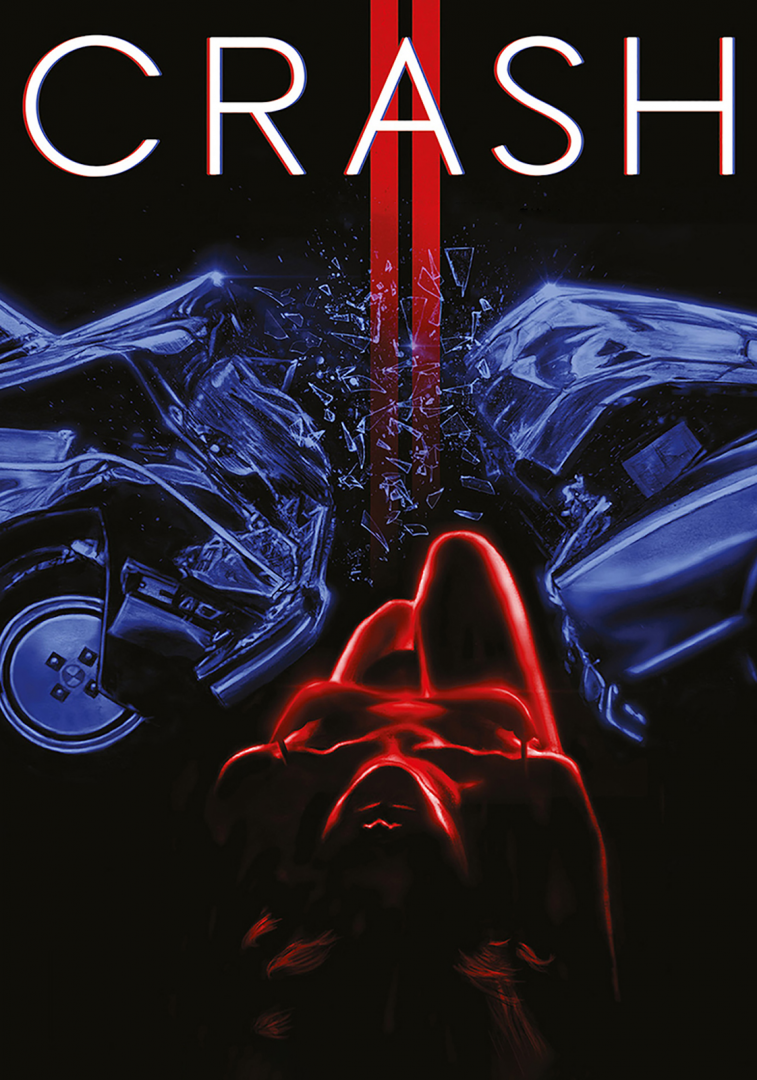
Is all this talk about love between two people too saccharine? Perhaps even the above suggestions are still a bit too vanilla for your tastes? OK, how about pure carnal desire between humans and cars? Now we’re talking! Canadian filmmaker David Cronenberg is never one to shy away from controversy in his films. He pushes boundaries, whether it’s body horror in disturbing science fiction features such as The Fly (1986) and Videodrome (1983); through graphic depictions of man’s cruelty, as in A History of Violence (2005); or through the uncomfortable and problematic examination of his own marital breakdown in psychological horror, The Brood (1979). However, in this authors opinion, Cronenberg has never been better than in his much maligned 1996 erotic thriller Crash.
With its sleazy score, hushed dialogue, and pristine cinematography, Cronenberg’s adaptation of JG Ballard’s equally controversial novel has become a genuine classic of modern cinema. I can’t think of a better way to celebrate St Valentine’s Day than with this deeply disturbing (and often genuinely funny) exploration of identity, desire, and the intersection of technology, mangled metal and the human body. How romantic.
Tom Jowett is Programming, Marketing and Events Manager at The Ultimate Picture Palace

